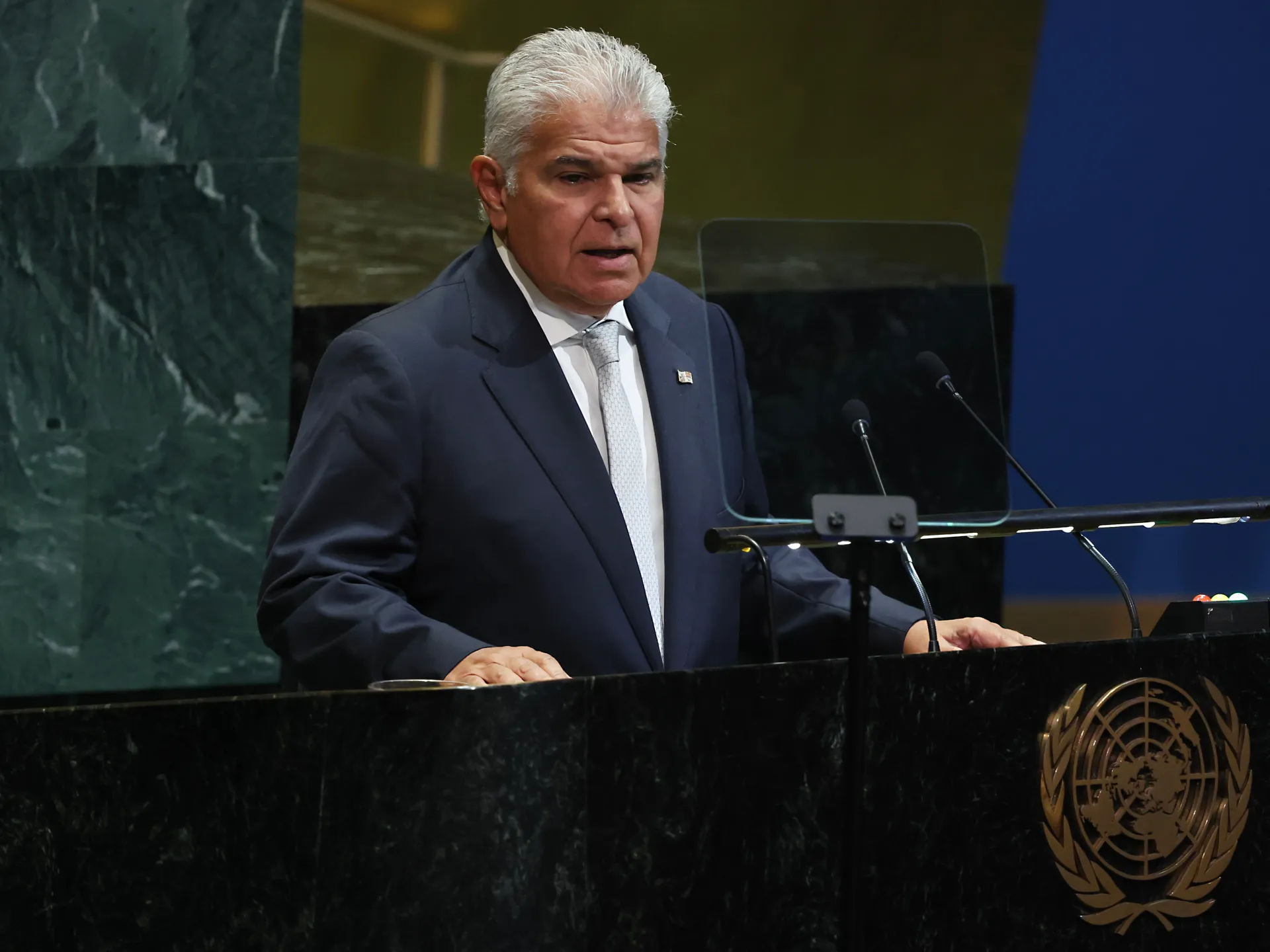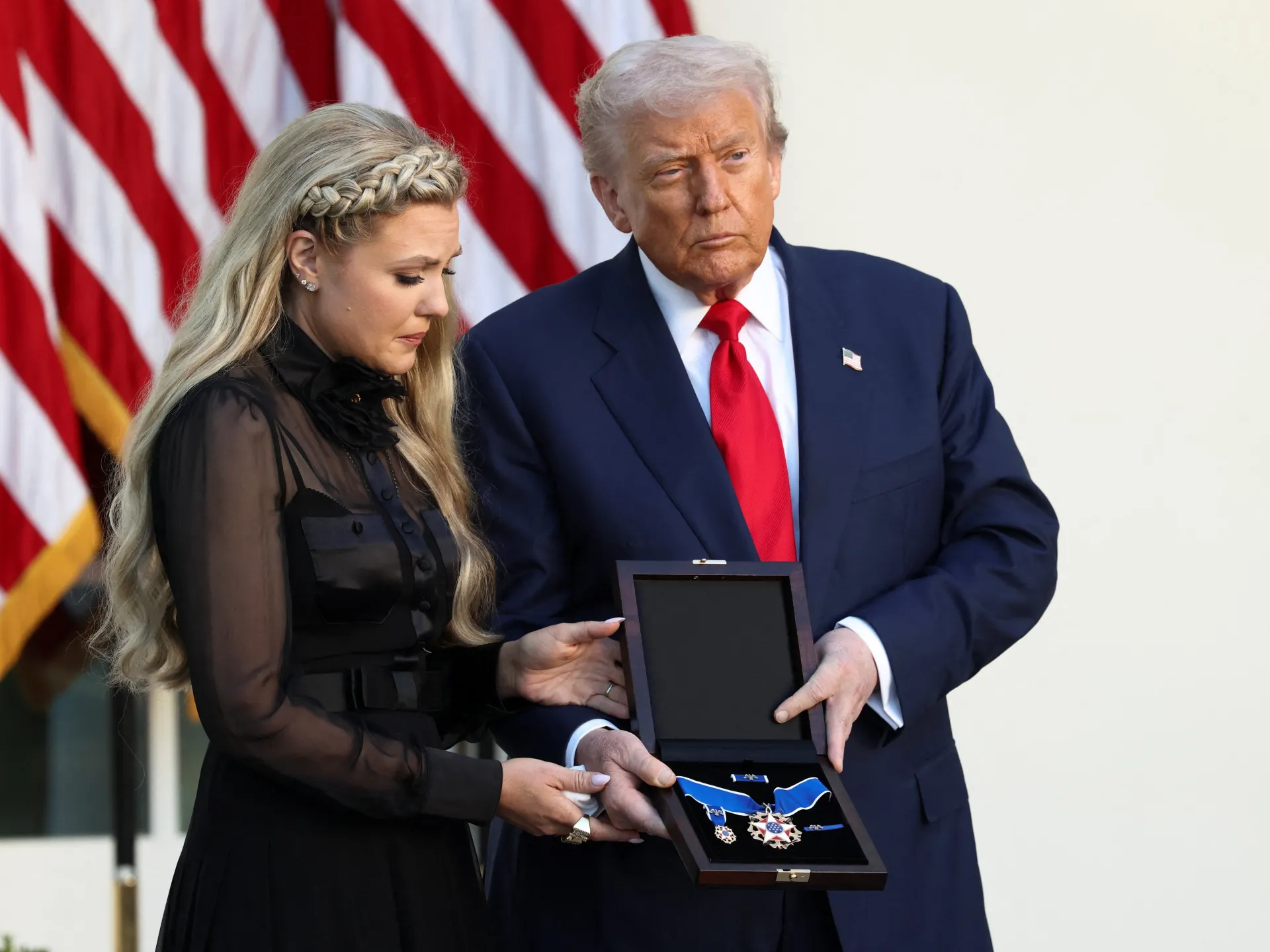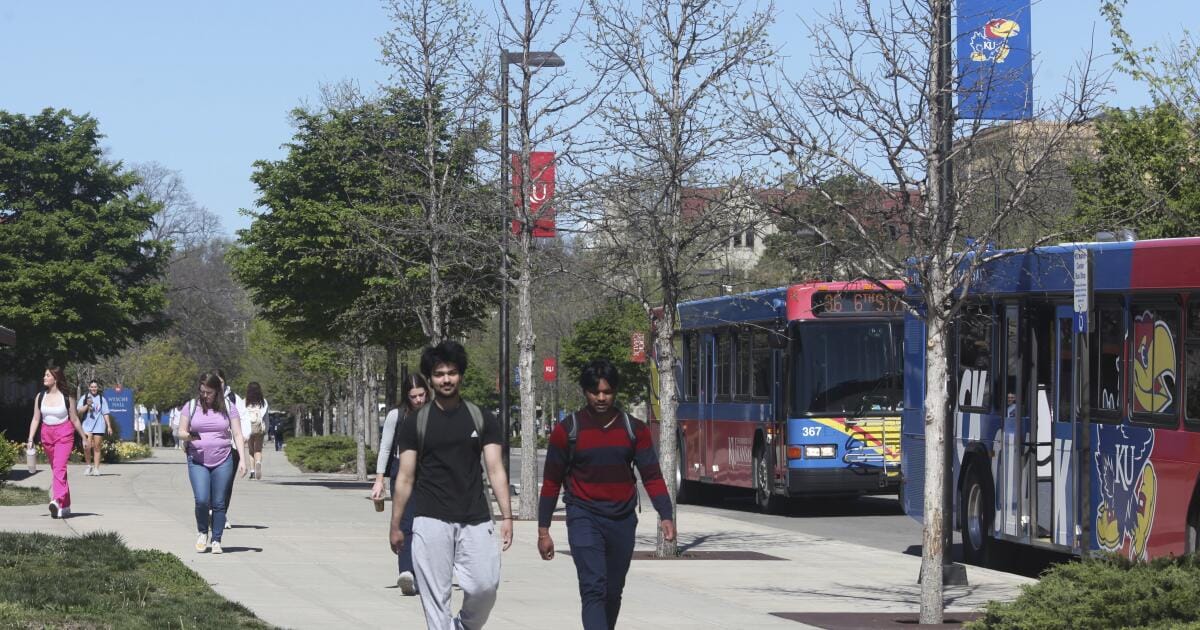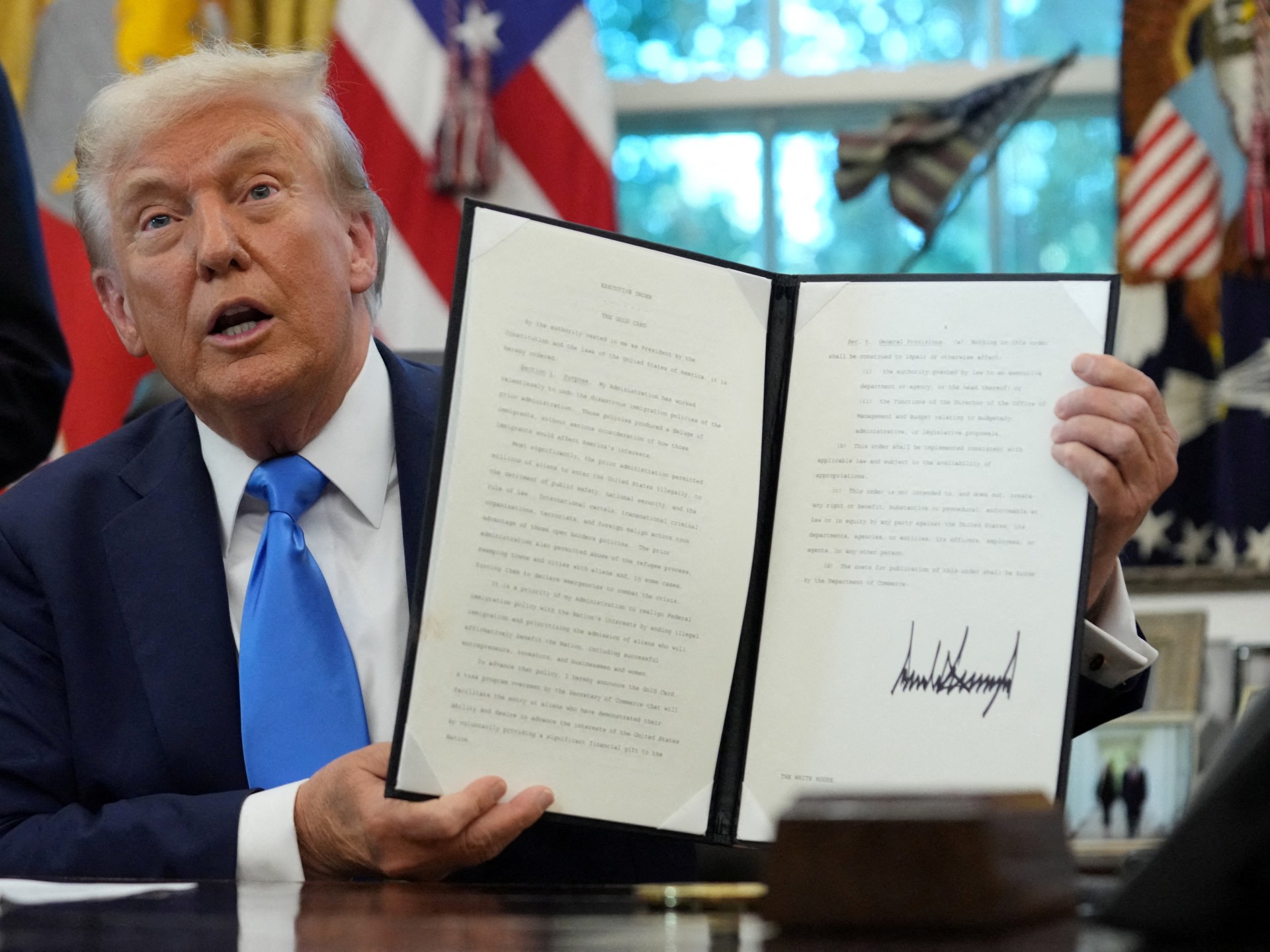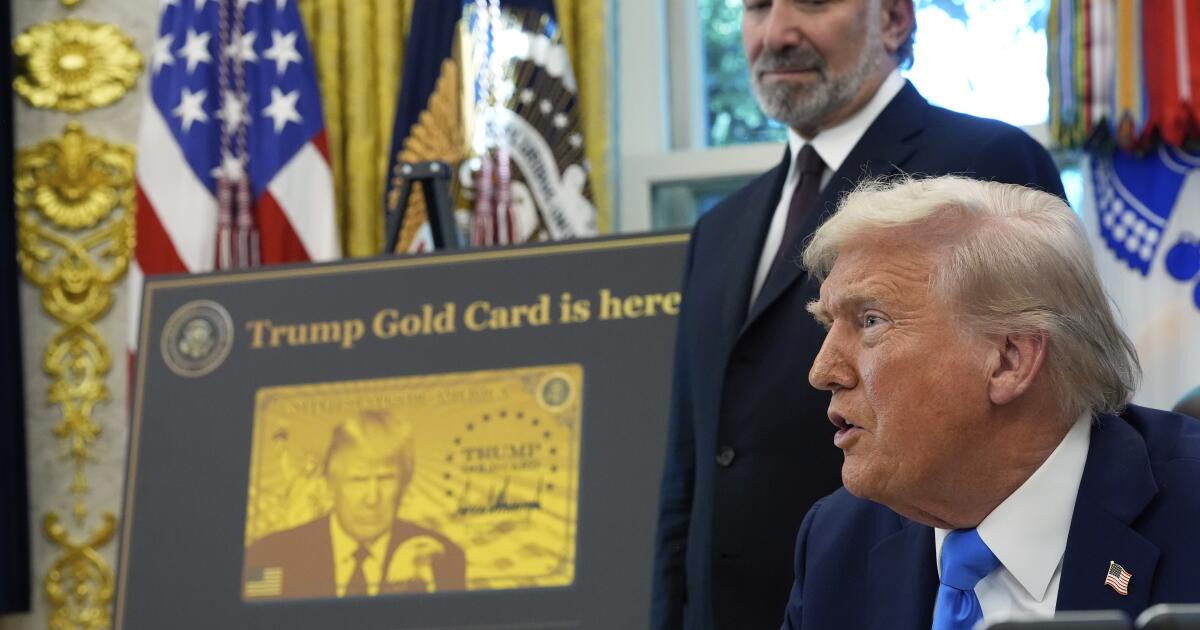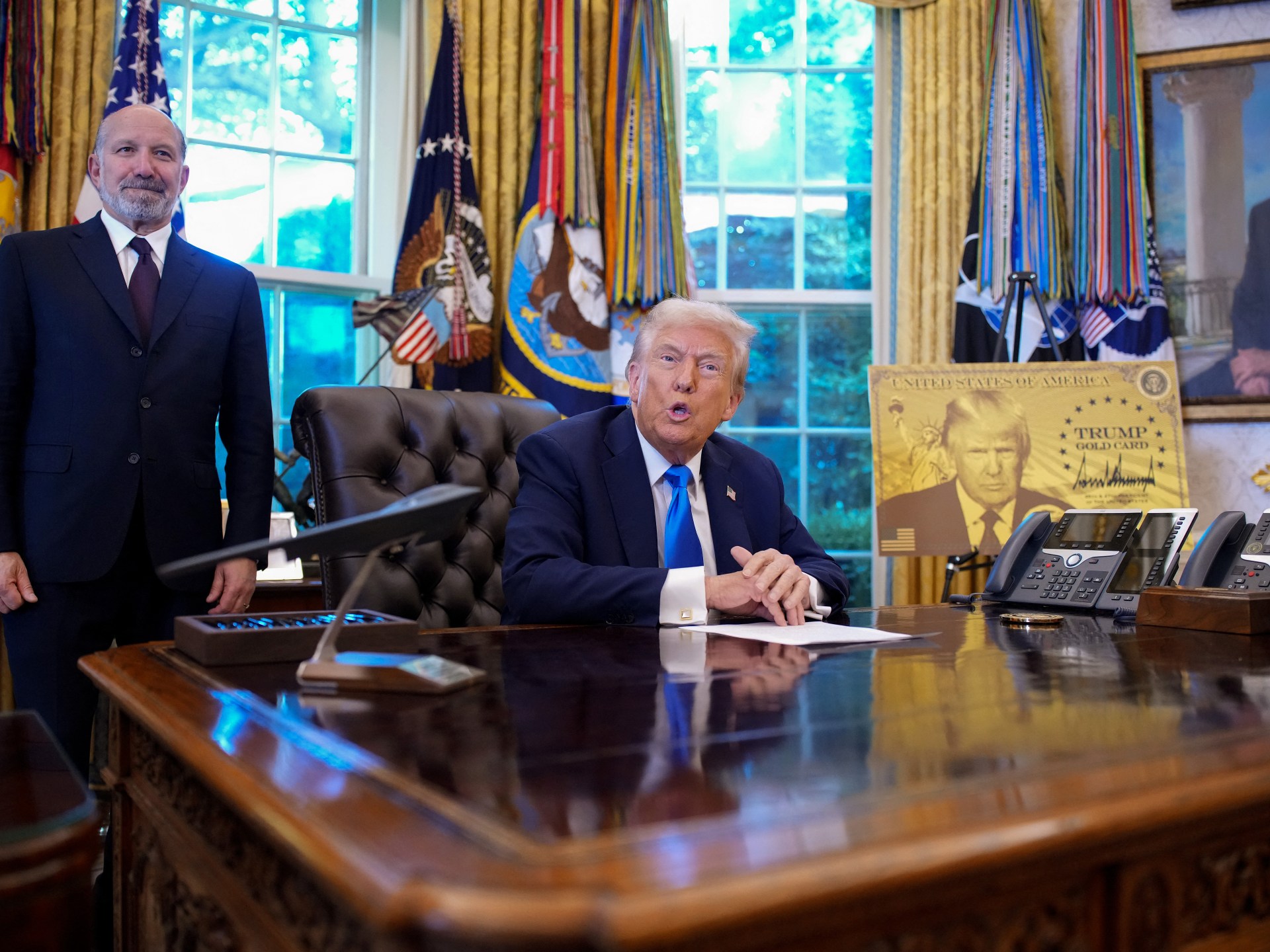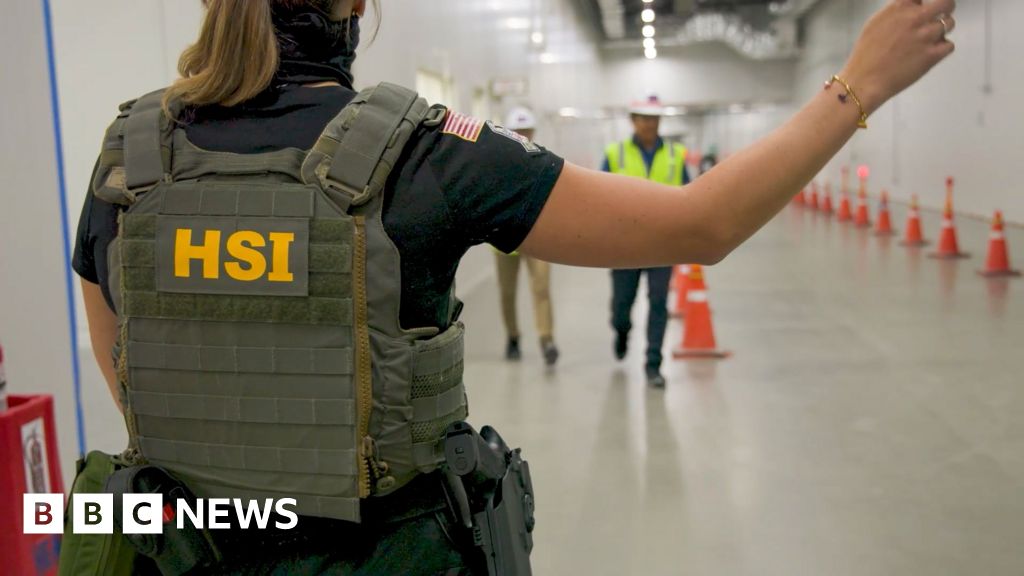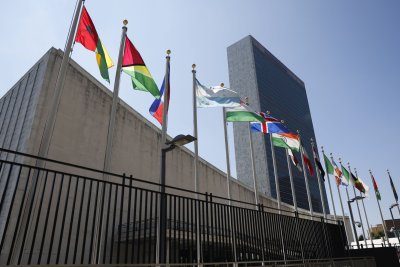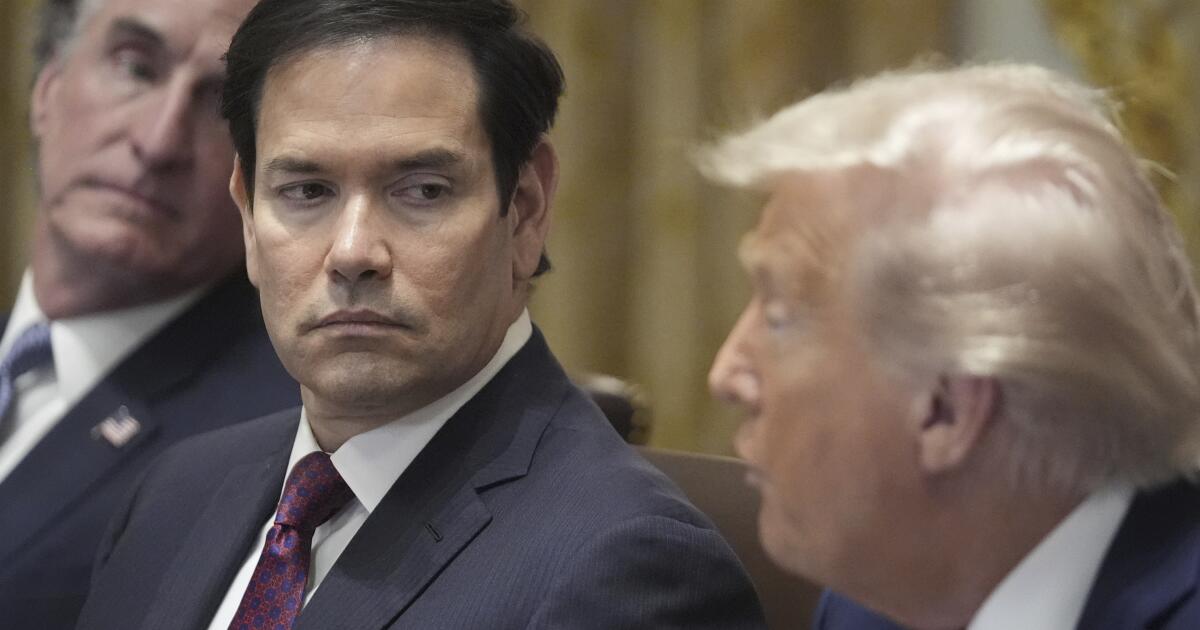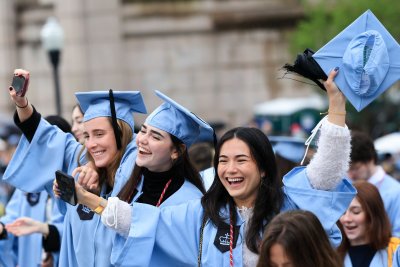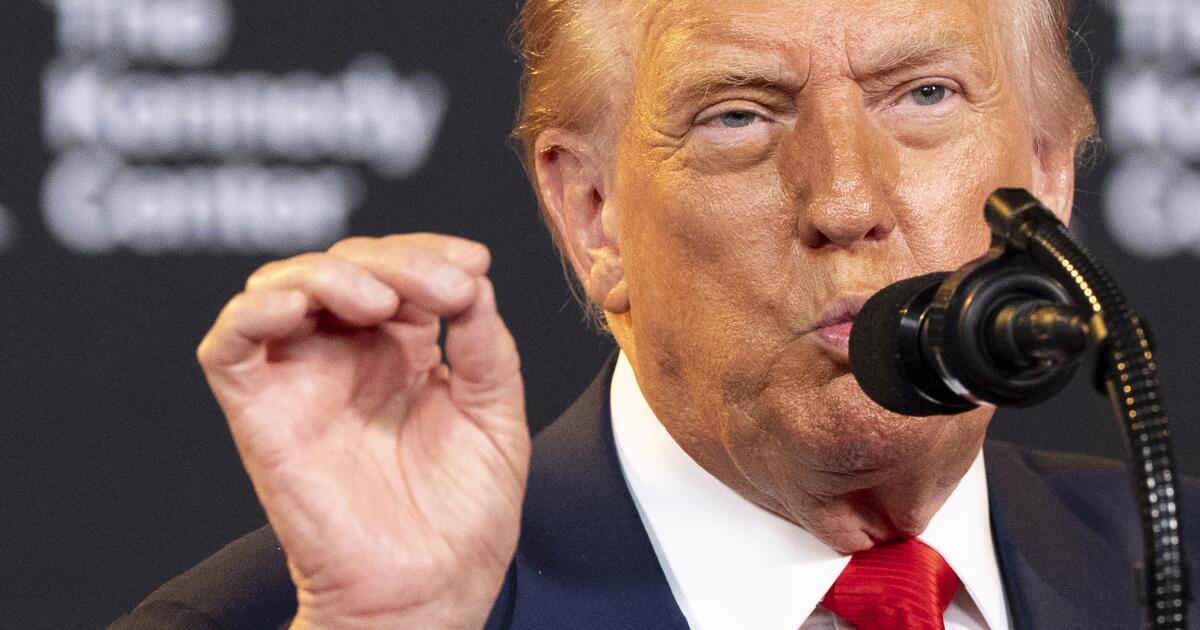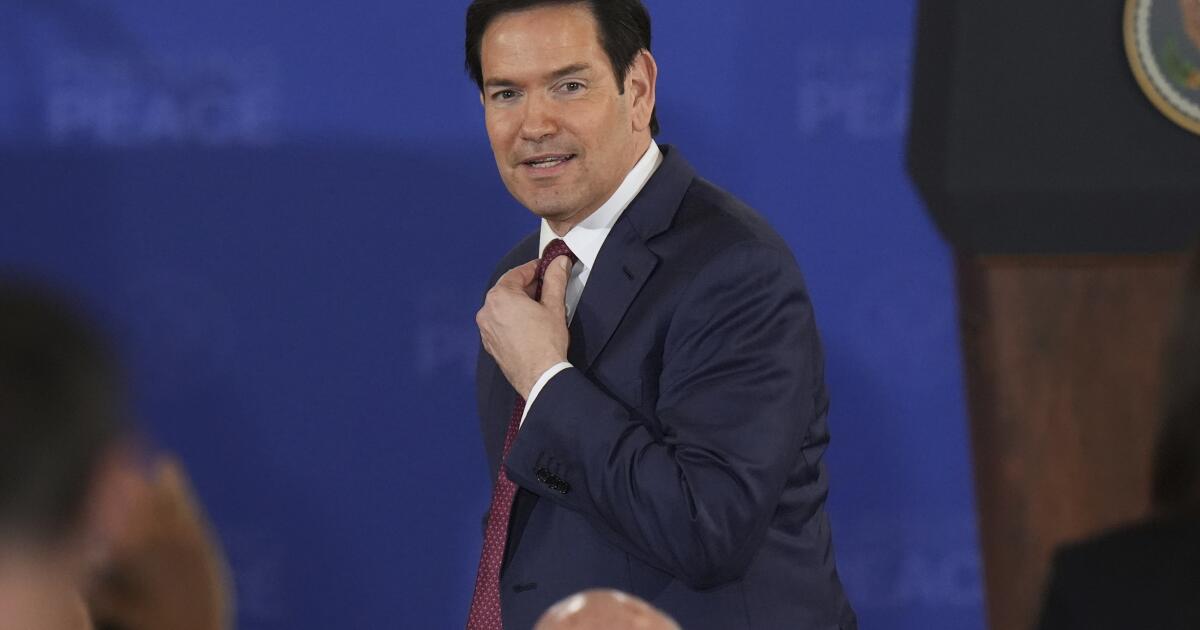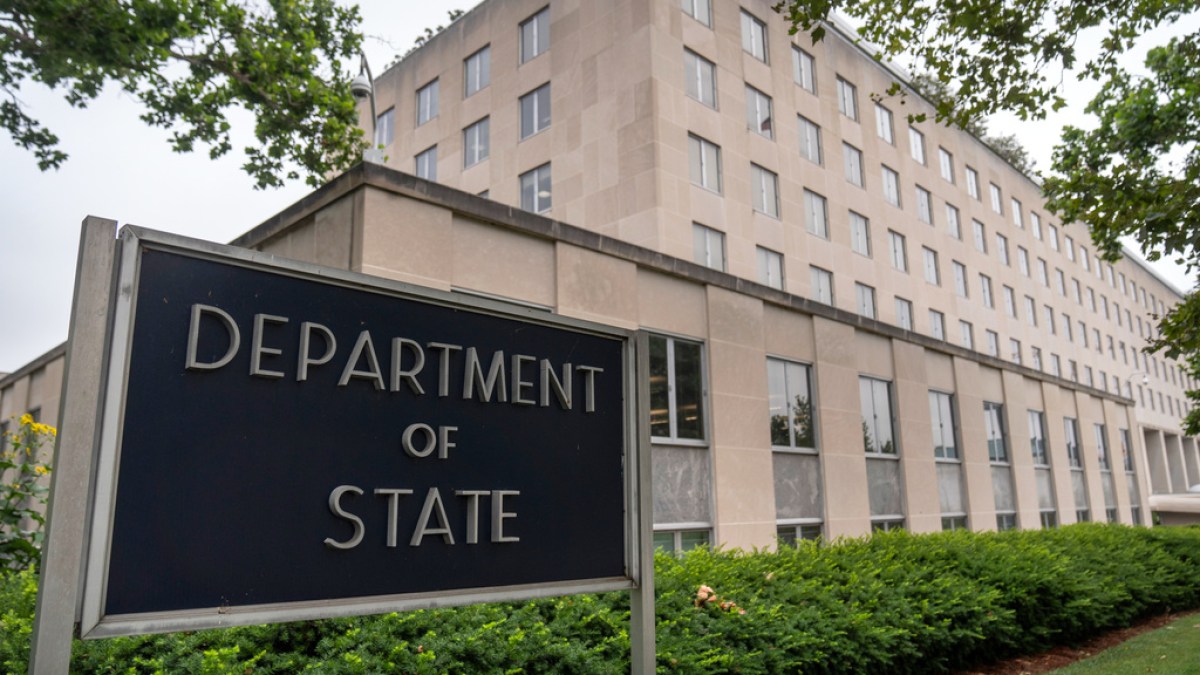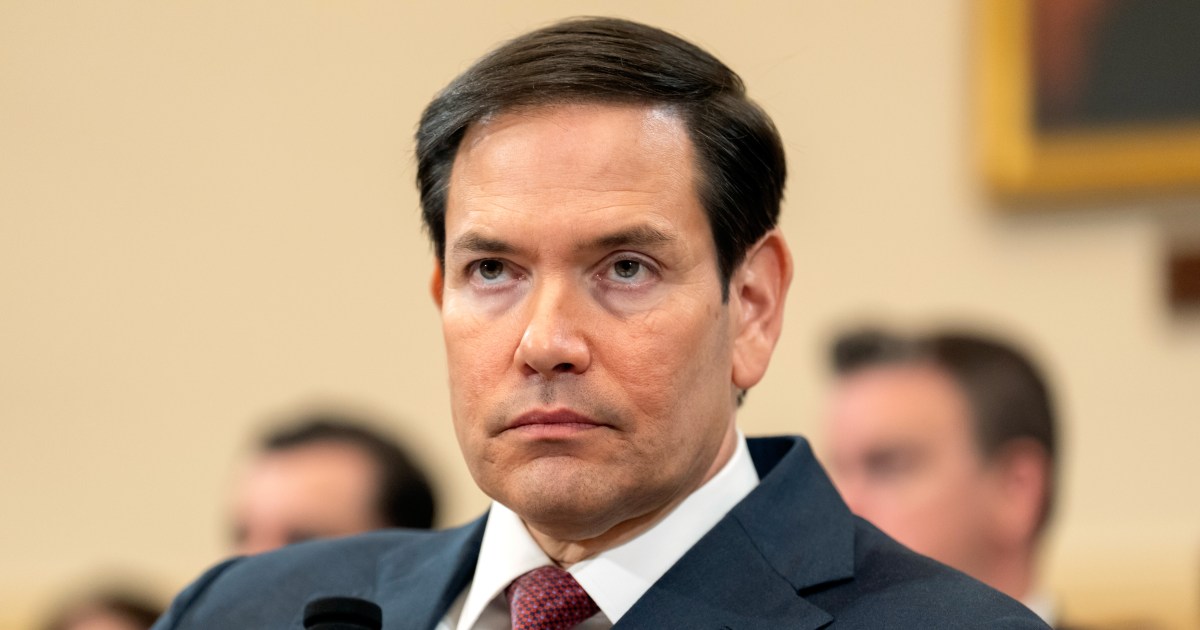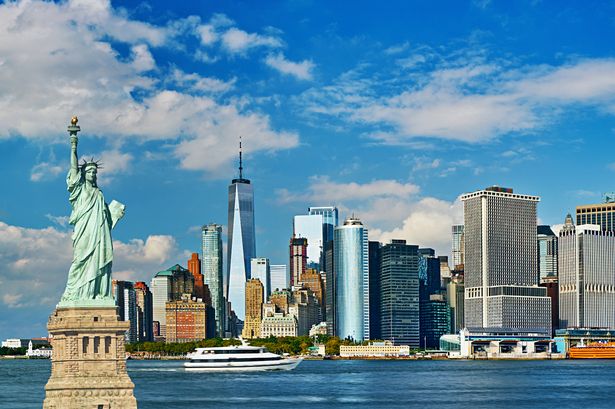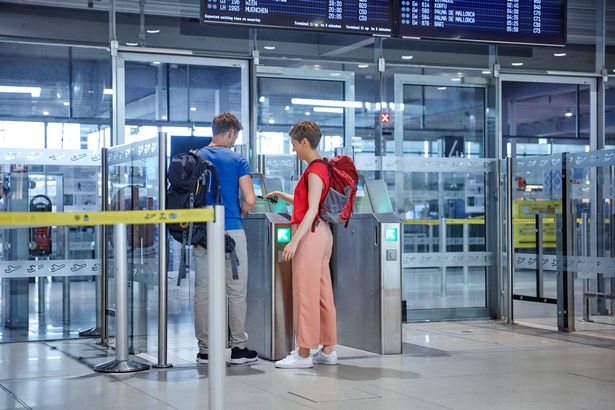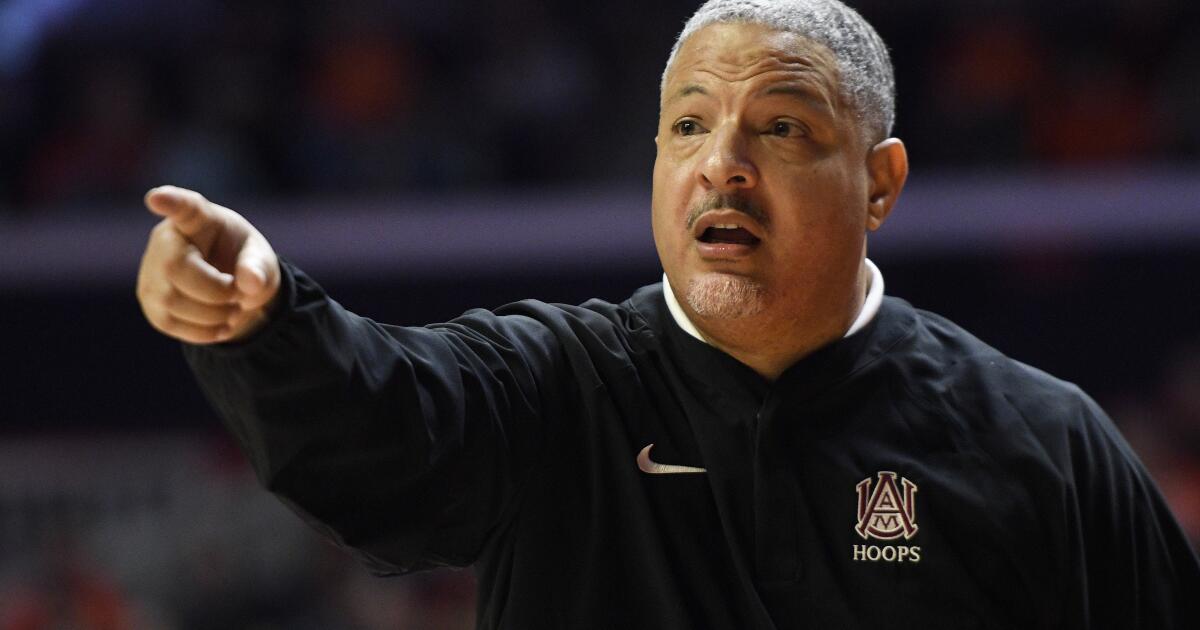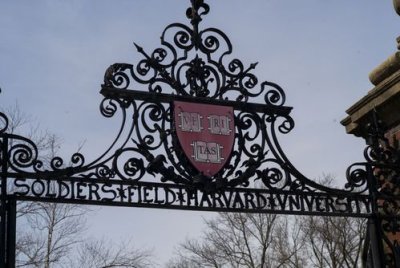Brits heading on USA holidays have been warned of new legislation that will see a big change affecting the country’s tourism visa costs as experts have issued advice
Brits heading on USA holidays should take note of new changes to the country’s visa application process.
Currently, UK holidaymakers wanting to visit the USA for tourism need to apply for the Electronic System for Travel Authorization (ESTA), underthe Visa Waiver Program. According to the UK Foreign Office: “All Visa Waiver Program (VWP) travellers intending to enter the US by land, sea and air will be required to obtain an approved ESTA prior to application for admission at land border ports of entry.” To enter the US, your passport must be valid for the length of your planned stay.
At the time of writing, the ESTA application costs $21 and is generally valid for valid for two years from the date of authorisation, or until your passport expires, whichever comes first.
However, the US Congress has approved new legislation that includes a price hike for the ESTA from $21 to $40 – so nearly double the price.
As a result, the travel experts at Journeyscape have issued a warning for travellers, urging them to apply for the ESTA now if they have US travel plans. They explained: “While many travellers report receiving approval within minutes, ESTA applications can sometimes take up to 72 hours for approval. It’s wise to apply at least a week before your trip. However, don’t apply more than 90 days before your travel date, as the ESTA is only valid for two years, and applying too early could mean needing to renew sooner than necessary if you frequently visit the US.”
READ MORE: ‘I plan adventure holidays for a living – there’s one thing you should do on any trip’READ MORE: Boarding pass 4 letter codes explained including one all travellers want to get
It’s also worth double checking the information you provide – for example, making sure you match your passport information exactly including your full legal name, passport number and expiration date, and ensuring you give an updated email address as that’s where your approval notification will be sent.
Common mistakes that could see your application rejected include incorrect passport information, failing to disclose previous travel plans, or applying too close to travel dates, as if there’s an issue you may not get the document in time, and therefore you’ll be unable to travel.
They also issued advice for Brits around third party services that could leave you paying even more, explaining: Only use the official ESTA website to avoid additional fees from third-party services. The current application fee is $21, but it was recently announced that it’s set to rise to $40, nearly double the current cost. Many third-party sites charge even more, often without offering any added value.”
Once you’ve applied, the travel pros recommend checking the status of your application; if it’s pending longer than you’d expect, check there isn’t any extra information you may need to supply.
Kerry Manley, Head of Marketing at North America travel specialist Journeyscape added: “Navigating the ESTA process can indeed be smooth and hassle-free if you take a proactive approach. The key is to apply early, ideally at least a week before your departure, to account for any unexpected delays. Using the official ESTA website is crucial to avoid unnecessary fees or scams. Double-checking your details—such as passport information and travel itinerary—can prevent common mistakes that lead to denials.
“Additionally, staying informed about recent rule changes is essential, especially for travellers who may be affected by the latest restrictions, such as those related to travel history in Cuba.
“Even with a valid ESTA, remember that entry to the U.S. is ultimately determined at the border by Customs and Border Protection. Be prepared to answer questions about your travel purpose and itinerary. Following these steps will help ensure a seamless travel experience, minimising stress and maximising your trip’s success.”
You can find out more about US entry requirements on the UK Foreign Office website and on the official ESTA website.
